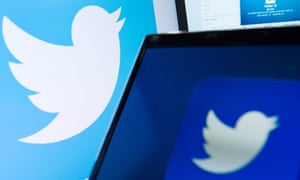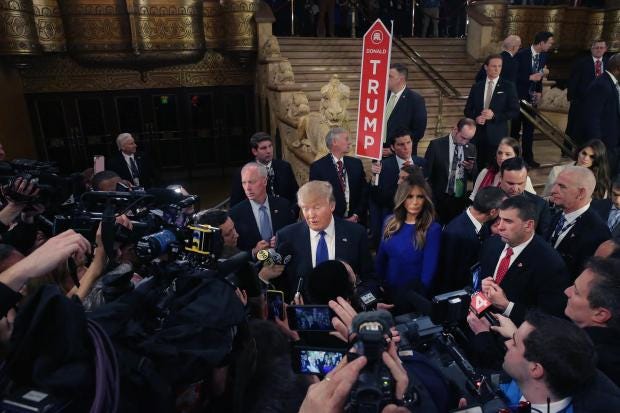- Why are respected news brands good news for Twitter?
Respected news brands are good for Twitter as they have become reliable and trustworthy as a source platform, becoming more known their platform widens as people become more aware and engage with the brands. As they engage with the brand through Twitter we see the site gain revenue and the brand, more attention and awareness.
- Why in turn is Twitter good for respected news brands?
Twitter is good for brands due to audience being able to easily access these brands online creating a relationship between audience and brand as they become more connected to their audience and also more influential to them.
- The report suggests that old and new media “are not, in fact, in direct competition, but often work extremely well together to enhance both the media eco-system and the consumer experience”. What evidence do they provide to support this idea? Do you agree with it?
The evidence used, in favour, of the theory was that old and new media work well together due to Twitter serves as a platform for the traditional newspaper brands. This would be true as social media sites have allowed their audiences to use an array of brands for news but also being able to benefit from new forms lf media and new tech.
- On page 24/25 of the report, the focus turns to 'gossip' or 'banter'. What example tweets from journalists are used to illustrate this?
The examples used fro 'gossip' or 'bantar' were headlines whivh had puns and full of sarcasm showing how carefree and comical the articles were since they held comical references and less serious than what you would not typically be able to view.
- Do you think the increasing amount of 'gossip' or 'banter' is harming the reputation of news and journalists?
IThe increasing amount of these articles with these continues themes may seem to make some news websites, which are acclaimed and high brow, using these 'gossip' type headlines would devalue their reputation and seem more low brow. Audiences which would read such high brow news websites/papers and seeing the articles of the newspapers may view them inappropriate and don't find them comical, which would also add to the lessening the journalists and newspapers rep.
- What does the report say about trust in Twitter and journalists (look at pages 34-39)?
The report says thats half of Twitter users and 2/3 of news brands insist news on twitter is certified and verified by respected brands to build a proper platform of trust. Journalists tweeting honest views engage with audiences which builds interactions between the two as audience will also feel a personal relationship with the journalists .
- Do you think new and digital media developments such as Twitter have had a positive or negative impact on traditional newspapers?
I think Twitter has had positive impacts on traditional newspapers as social networks have allowed platforms for audiences to be able to interact with eachother but also with the newspapers and be given these notifications for when there is news. The negative impacts of new and digital media is that now many audiences arent going to traditional means to read news but rather going online or phones leading to less more people reading newspapers, which is why the idea of 'print dying' is more inevitable as times changes and technology grows.
- Finally, how can we link this report to the vital current debate regarding fake news and Facebook? Do traditional news brands need protecting to ensure there are sources we can trust?
The report can be linked to fake news due to how it shows that it is necessary for audiences to be able to trust sources and suggests that there should be a form of relationship between the audience and journalists in terms of interaction and Facebook is unable to give that. I think that traditional brands such as news should make their mark as something valuable and reliable to audiences and rather than giving instant access mak them engaging so they dont loose audiences all to










